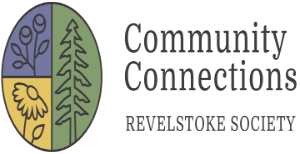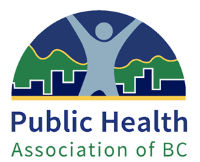Reimagining Food Systems for a Sustainable and Equitable Future
|
Revelstoke British Columbia from Mount Revelstoke. Photo credit: Darren Kirby, 2008
|
Project Description
The COVID-19 pandemic has highlighted the vulnerabilities and inequities of food systems. Communities across the world have experienced a range of problems during the pandemic related to food production, distribution, and access, and these issues do not affect all members of a community equally, with marginalized populations being particularly impacted by food, health, and economic security challenges. In addition, these vulnerabilities are not limited to pandemic-related crises. In many ways, the COVID-19 challenges reflect into food systems issues that communities have and will continue to experience with other major socioeconomic disturbances such as climate change. When considering such issues through a climate justice lens, it is apparent that communities and societies also will experience the increasingly severe effects of climate change unevenly. Developing resilient, equitable food systems is a critical challenge for sustainable communities, and it requires rethinking approaches to how processes for decision-making navigate issues of representation and difference ultimately resolving how the ‘benefits’ and ‘burdens’ of local food systems are distributed.
The research uses an equity lens to develop and apply interactive visualizations as planning tools for supporting progress toward sustainable, equitable local food futures. The project employs a novel interdisciplinary approach, combining concepts/methods from food justice, planning, and visualizations studies, and it responds to two research challenges revealed by COVID-19. Firstly, the pandemic has highlighted how food systems impacts affect different groups unequally; accordingly, this research will develop and use an equity framework for guiding food systems planning processes, outcomes, and tool development. Secondly, the project experiments with interactive visualizations that support digital and remote engagement, thereby offering new opportunities for planning research and practice during times when circumstances call for online engagement (e.g., physically-distancing during the pandemic).

![Revelstoke_from_Mount_Revelstoke_Kirby, D. [Photographer] (2008)](/media/assets/food-and-agriculture-institute/images/Revelstoke_from_Mount_Revelstoke_Kirby,-D.-[Photographer]-(2008)-800x532.jpeg)

